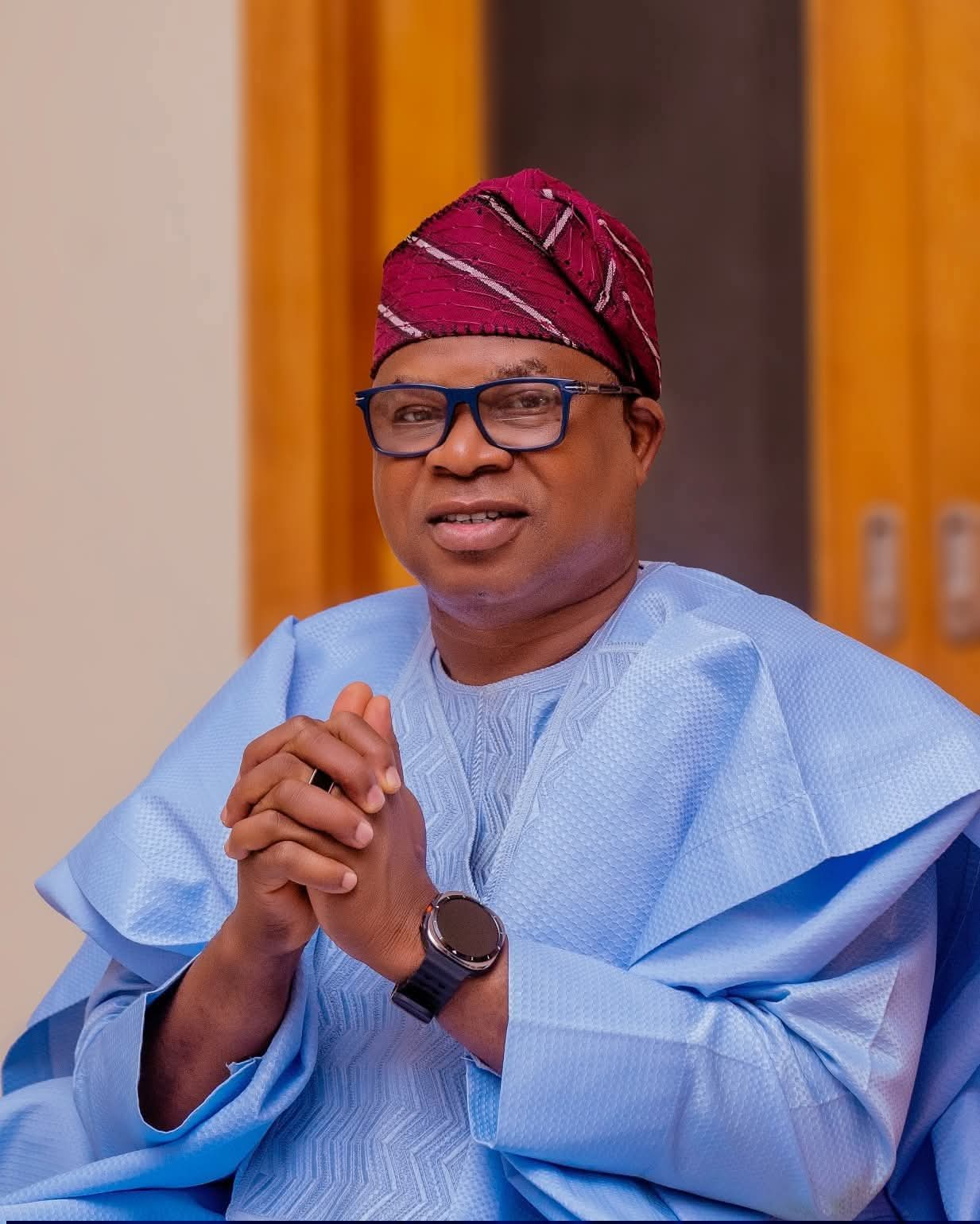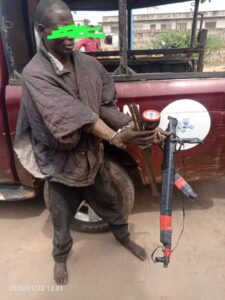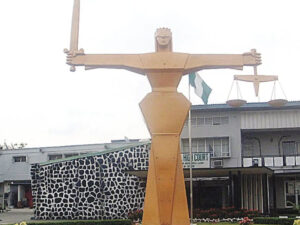Moody’s downgrades Seplat Energy, Dangote Cement
[ad_1]
By Kehinde Akinseinde-Jayeoba | Lagos
MOODY’S Investors Service has downgraded the ratings of Seplat Energy Plc and Dangote Cement Plc from B3 to Caa1
The rating agency in a statement said the action followed the “downgrade of Nigeria’s long-term issuer rating to Caa1 from B3.
Moody’s noted that while the two firms, listed on the Nigerian Exchange (NGX) Limited, “have relatively prudent financial policies, adequate liquidity, moderate to low leverage and strong business profiles, generally supported by market-leading positions,” their operating environment poses risks which could affect their operations.
According to the statement, Dangote Cement’s high proportion of dollar debt in the capital structure exposes the company to currency convertibility risk.
“While Dangote continues to grow its dollar revenue through exports and repatriations of dollar cash flow from its other African operations, it is still reliant on the Central Bank of Nigeria for dollars, which remains restricted.
“The company’s liquidity profile is adequate but is exposed to ongoing refinancing risks because of the large portion of short-term debt equal to N383 billion, representing 55 per cent of total Moody’s adjusted debt as of 30 September 2022.
“Dangote Cement benefits from strong cash flow generation with cash balances of N217 billion as of 30 September 2022,” Moody’s said.
However, the rating company noted that Seplat is less exposed to convertibility risk, given most of its revenue is paid in dollars.
It was stressed that the export dollar oil revenue of the energy firm is required to be repatriated back into Nigeria within 90 days of receipt, after which Seplat can transfer these US dollars funds back into offshore bank accounts.
To date, Seplat has had no restrictions imposed by the Central Bank of Nigeria and the company targets to have 70 per cent of total cash balances in USD and 70 per cent of that in offshore accounts.
“Seplat’s $650 million senior unsecured notes are due in 2026, and the company has a good liquidity profile supported by $305 million of cash on the balance sheet and full access to the $350 million undrawn revolving credit facility as of September 2022,” it stated, adding that their ratings are only “constrained by the foreign currency country ceiling.”
READ FROM ALSO NIGERIAN TRIBUNE
[ad_2]














Post Comment